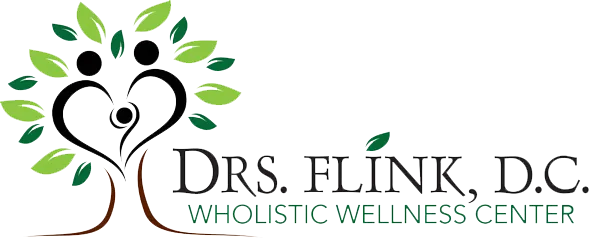The
microbiomes have a profound effect on amount of pain, how the immune system
works, energy levels, weight, how we think and even our sleep.
Nobody really understands the power of our microbiome. And the amount of information that is surfacing reflects their importance.
Our microbiome represents over 100 trillion bacteria with over 1,200 different species. Researchers are amazed at the amount of genetic material they control. As humans we have approximately 20,000 genes, microbiomes have over 3 million genes. Through genetic expression the microbiome have a profound effect on the amount of pain we experience, how our immune system works, our energy levels, our weight, how we think, even our sleep is affected by the "little bugs" we never see.
In his new book Brain Maker, Dr. David Perlmutter illustrates three radical cases of microbiome repair. One is a child with autism. This particular child was plagued with serious childhood illnesses and had a long history of antibiotic use. His mom asked for a recommendation for a very unusual procedure called FMT. FMT is a term you will be hearing more of in the next few years. It stands for "fecal microbial transplantation", a procedure done in specialty hospitals for C. difficile. Basically, the procedure involves transplanting fecal material or ones microbiome from one person to another. A healthy donor was found with similar genetics. 30 days after the procedure the child was talking and initiating conversations with his mom, behavior unheard of before the procedure.
Dr. Perlmutter describes another case of a man in his 40's with advanced MS. He went to England to receive a series of FMTs. He noticed a profound difference after two treatments, but after ten sessions his balance was sufficient that he could walk without a cane. People couldn't believe he ever had MS.
Still another case was a very embarrassed 13 year old boy with Tourette syndrome diagnosed at age 6. This patient's Tourette’s manifested as uncontrollable head and neck movements a well as facial contortions. Dr. Perlmutter recommended a probiotic enema with six capsules of probiotics. Interestingly after one treatment the boy's body became calm. After a therapeutic series of probiotic enemas the tics disappeared.
Clearly all autistic, MS patients and Tourette syndrome patients will not be healed by probiotic treatments, but these cases show the dramatic effects on so many systems when the microbiome is dys-biotic.
And it's not just neurological cases either. Pain cases of all kinds can be caused by these invisible bugs. A doctor from Michigan had a case where a patient was scheduled for back surgery the next week, the pain was so intense. Chiropractic care, physical therapy, message, etc. were utilized to no avail. This particular doctor used C.R.A. (Contact Reflex Analysis) to detect a weak, dysbiotic bowel. He used several products to clean and restore competence. The patient recovered nicely and never needed back surgery.
Another piece to the microbiome puzzle is the bacterial byproducts. One of the most important is lipopolysaccharides (LPS). Lipopolysaccharides are the outer covering of the gram-negative bacteria in our gut. These bacteria represent as much as 50-70% of our intestinal flora. LPS are classified as endotoxins because they come from within the bacteria. Did you know LPS is used experimentally in laboratory animals to instantly create inflammation? If we have LPS in our blood we definitely have a leaky gut. And a leaky gut generally means a leaky blood brain barrier. Let's look at several cases that were published in Brain Maker by Dr. Perlmutter. They show a direct correlation between LPS and several neurological conditions. The first one shows elevations in LPS with autism vs. non-autistic children. The second shows elevations of LPS in patients with chronic depression. The next shows the relation of LPS with healthy controls vs. Alzheimer's patients. Another one shows a comparison of LPS in early and late onset ALS. These are powerful indicators. Dr. Vasquez in his work, Human Microbiome and Dysbiosis in Clinical Disease, points out that dysbiosis can occur in the following areas: the mouth, sinus, respiratory tract, genitourinary tract, skin, in tissue as bacteria, in tissue as viruses, as well as the gastrointestinal tract.
By making simple dietary
changes like, implementing an anti-inflammatory diet, drinking sufficient
water, eating fermented vegetables, and taking prebiotics and probiotics like Biotics
BioDoph-7 Plus is the cornerstone of any wellness program.
